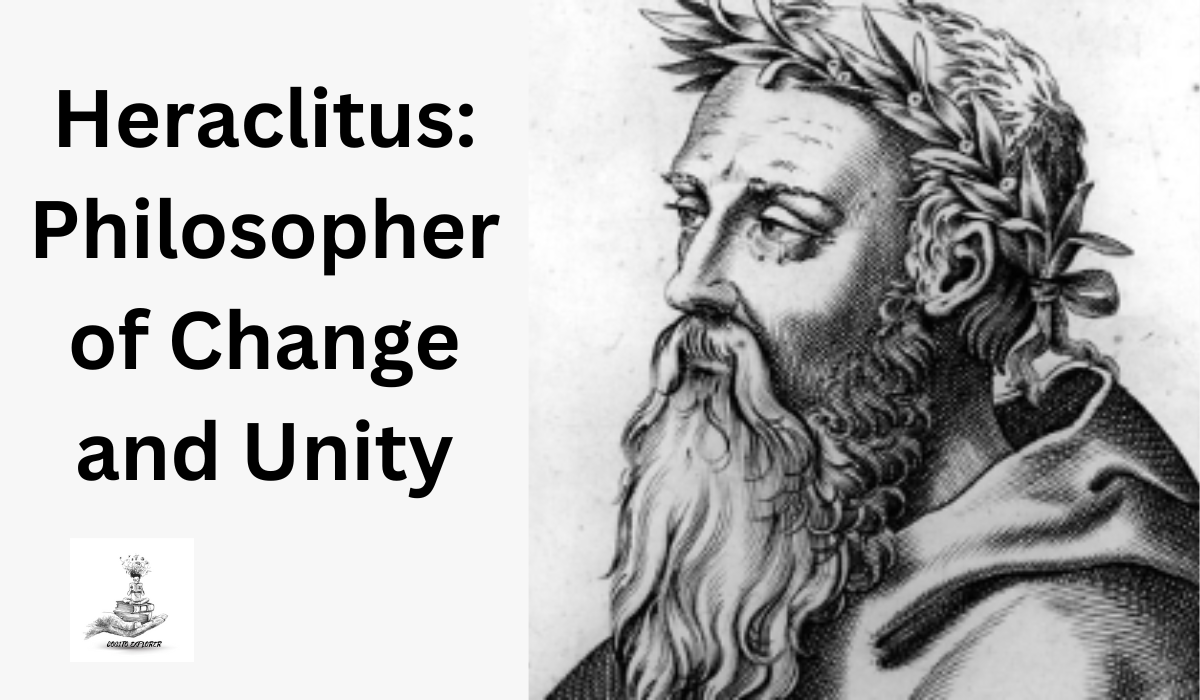Reference




OpenAI's Answer
Heraclitus, a pre-Socratic Greek philosopher, is best known for his doctrine of change being central to the universe. He famously asserted that "everything flows" (Greek: πάντα ρει, panta rhei) and is constantly in flux. This concept is encapsulated in his famous phrase, "No man ever steps in the same river twice," emphasizing that the world is perpetually changing and evolving.
Heraclitus viewed change as the fundamental essence of the universe, believing that stability and permanence are illusions. He posited that opposites are necessary for harmony and that change arises from the tension between conflicting forces. This perspective is known as the "unity of opposites."
One of his essential contributions is the idea of the "Logos," an underlying order and rational structure to the world, which guides the process of constant change.
For more in-depth information on Heraclitus' views on change, you can explore the following sources:
- Heraclitus | Internet Encyclopedia of Philosophy
- Heraclitus - Stanford Encyclopedia of Philosophy
- Heraclitus, change, and flow | Philosophy for change
Visual References:


Follow Up
Related
CHAPTER 2 - Literature Review 2.1. Introduction This chapter undertakes a review of literature to
What changes were made to the production credits in the 2000 reissue?
How has the concept of evolution changed since Darwin's original theories?
How did Aristotle's reception of Heraclitus influence philosophical thought?
What changes did KZZO make after the ownership change to Bonneville?